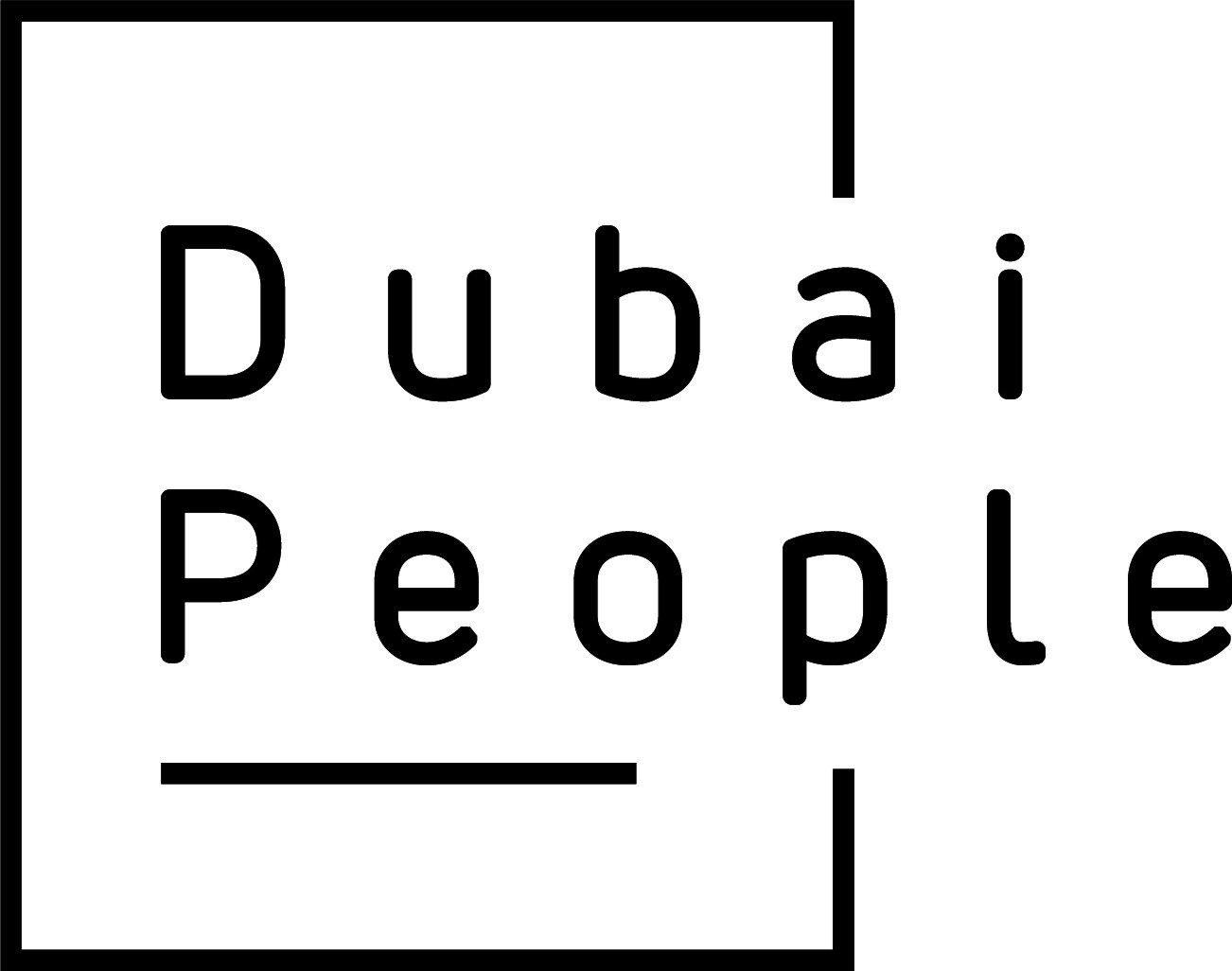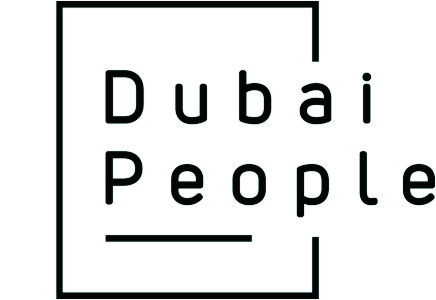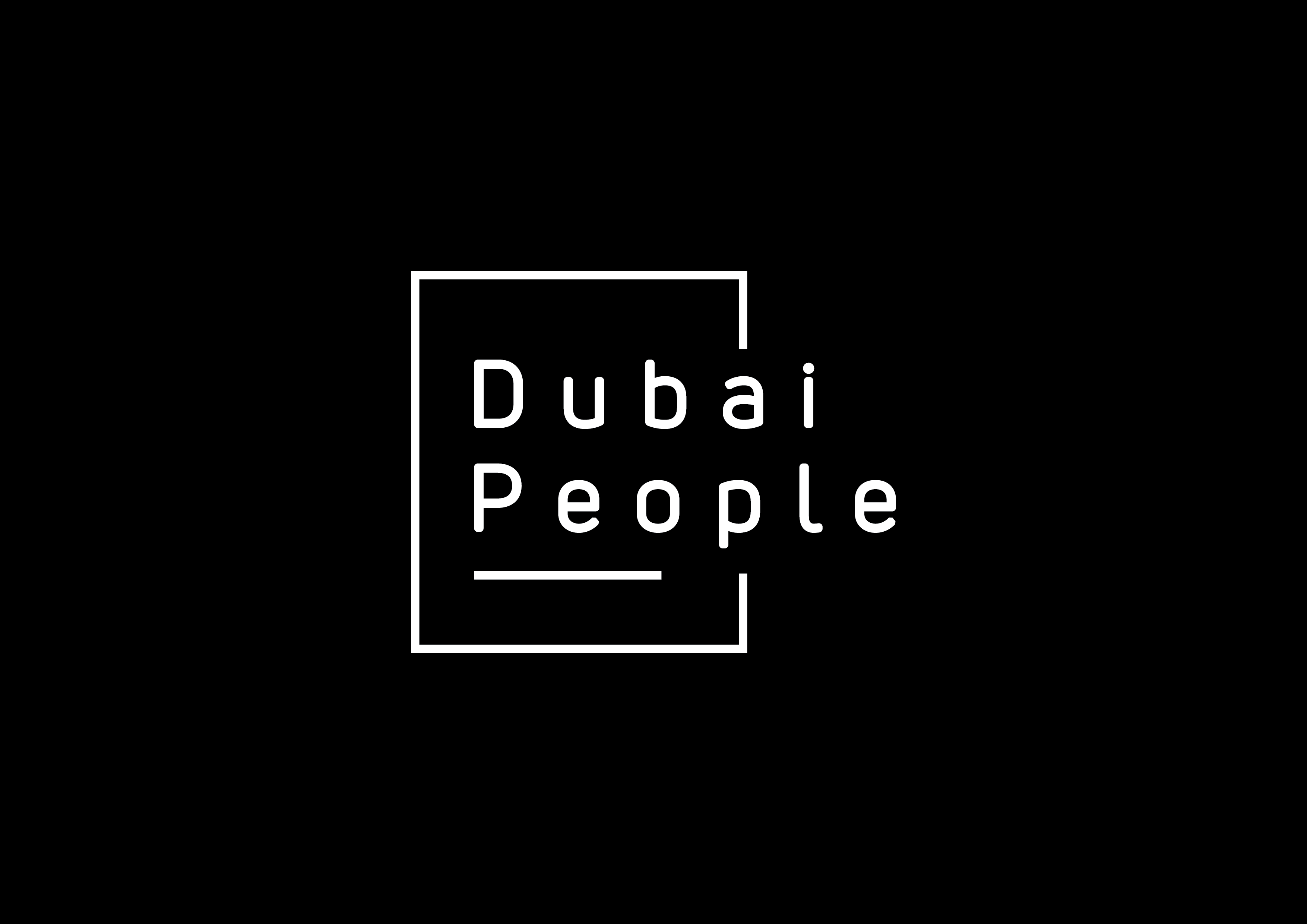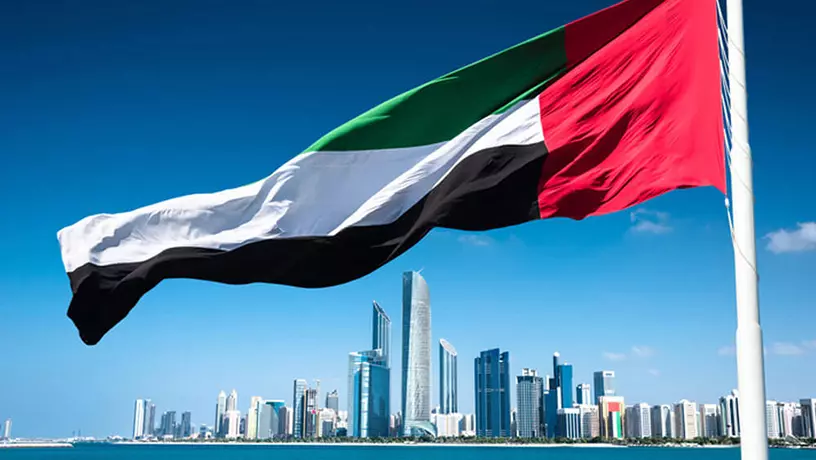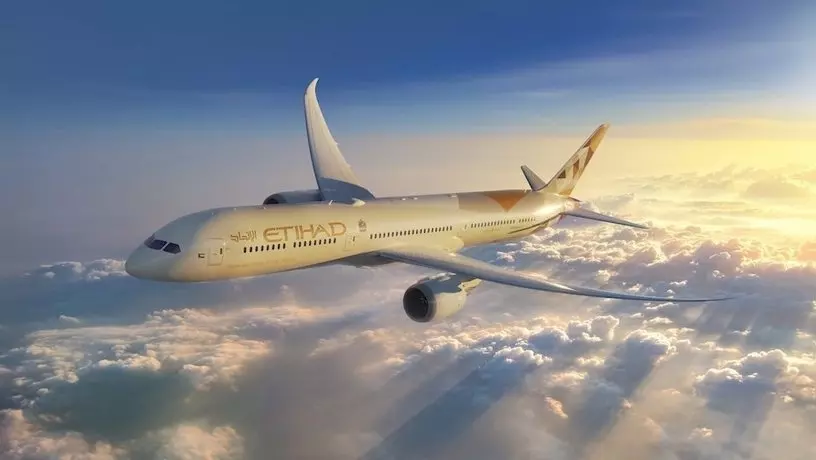
Etihad to fly on clean jet fuel
Etihad Airways, the national airline of the United Arab Emirates, will fly its first NetZero flight in early November using a zero-carbon jet fuel.
The flight will be part of an agreement signed with World Energy Corporation, a specialist in carbon reduction technology solutions.
Passengers on the first zero-emission Etihad aircraft will be delegates travelling to the 27th Conference of the Parties to the UN Framework Convention on Climate Change (COP-27) – to be held in the resort city of Sharm El Sheikh. The airliner will depart Washington for Abu Dhabi, landing in the Egyptian city.
The initiative aims to demonstrate the feasibility of zero-emission commercial flights, which are the future of aviation. The Emirati airline has also pledged to halve carbon emissions by 2035 and achieve zero emissions by 2050.
In September 2022, the Government of the United Arab Emirates agreed on a temporary licensing procedure for the operation of electric cargo aircraft. Thus, the region’s first clean electric cargo aircraft without a carbon footprint was granted a temporary licence.
According to a new study by consultancy Research and Markets, the global electric aircraft sector will grow by 14% to US$20bn by 2030 from the current US$6bn. Components for new electric aircraft are being actively developed and technologies are being introduced to transition to greener modes of air transport.
In October 2021, the United Arab Emirates set an ambitious goal of being carbon neutral by 2050. US$160 billion will be allocated to achieve this goal.
The UAE has made significant progress in recent years in developing renewable energy sources: the first photovoltaic solar power project in Abu Dhabi was commissioned in 2009. Since then, Abu Dhabi and the United Arab Emirates have broken a number of records in the timing and tariffs of clean energy schemes on an energy scale.
Dubai has also made significant progress with its Shams rooftop solar programme, which has installed more than 400MW of capacity since 2016. The United Arab Emirates has previously set a goal of getting 50% of its energy from clean sources by 2050.
Follow our Telegram Chanel


